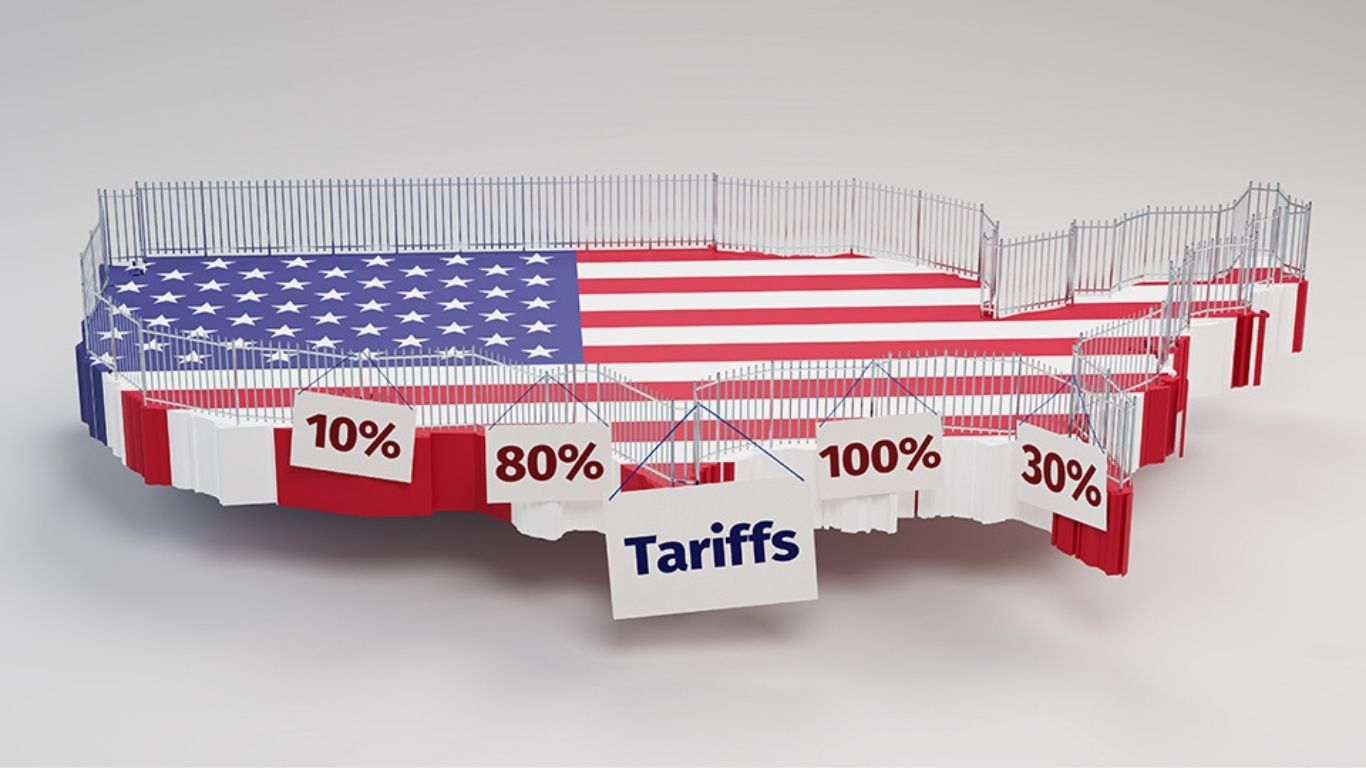Elon Musk has never been one to keep quiet, especially when it comes to taxes. He’s called out the complexity of the tax code, argued that incentives shouldn’t exist, and questioned why income taxes became the default way to fund the government. And now, his skepticism is getting a fresh wave of attention.
The Department of Government Efficiency (DOGE) just uncovered billions of taxpayer dollars misused or wasted. According to Musk, their efforts have already saved $51.8 billion—and they’re just getting started.
But here’s the real question: How did we even get here?
There was a time—not that long ago—when only 2% of households paid income tax. Now, nearly every middle-class family forks over a significant chunk of their paycheck to Uncle Sam. What changed? And more importantly—can we ever go back?
Where It All Started: The Birth of the Income Tax
America wasn’t built on an income tax. In fact, the founding fathers would’ve laughed at the idea. Instead, the government relied on tariffs and excise taxes—essentially, taxing imported goods and specific products like whiskey.
The first time the U.S. tried an income tax was during the Civil War (1861–1872). It was a temporary measure—something to fund the war effort. Once the war ended, so did the tax.
Then came 1913, and with it, the 16th Amendment—the moment everything changed. This amendment gave Congress the power to tax income, and just like that, income tax became permanent.
Back then, the tax was almost laughably low compared to today’s standards:
- Only 2% of households had to file.
- The highest tax rate? 7% on incomes over $500,000 (about $16 million in today’s money).
- If you made less than $3,000 per year (roughly $96,000 today), you owed nothing.
It wasn’t a tax on everyone—it was a tax on the rich. But as history shows, once the government gets a taste of your money, they always want more.
World War I: The Excuse for Higher Taxes
War is expensive. And when the U.S. entered World War I, Congress saw an opportunity to expand its tax system.
By 1918, the top tax rate had jumped to a staggering 77% for incomes over $1 million (about $21.4 million today). The number of taxpayers increased, but still, fewer than 40% of households were paying income taxes.
Once the war ended, tax rates dropped again—but not to pre-war levels. Instead, the government settled on keeping a slightly higher tax burden on the wealthy while letting most middle-class families off the hook.
For a while, this system held. Then, another global catastrophe gave the government another excuse.
World War II: The Beginning of Mass Taxation
During the 1930s, the U.S. government mostly left middle-class Americans alone when it came to taxes. Fewer than 20% of households paid income tax. But when World War II arrived, everything changed.
The government needed money—and lots of it. And unlike in World War I, where tax hikes focused on the rich, this time, they went after the middle class.
By 1942, the tax exemption for individuals had dropped to $500 (about $9,860 in today’s money). That meant almost everyone was now paying income tax. The government had officially turned a system that once targeted only the rich into a tax that burdened the majority of working Americans.
And here’s the real kicker: After the war ended, tax rates never went back to what they were before.
Why? Because America had shifted into a permanent wartime economy—one that justified keeping high taxes in place.
The Rich Don’t Pay—But You Do
The tax system is often sold as a way to make the rich pay their fair share. In reality? The ultra-wealthy know exactly how to work the system.
Elon Musk himself has pointed out that you practically need an AI to understand the tax code. And it’s no wonder—it’s a maze of loopholes, written by politicians who know their billionaire donors can afford the best accountants.
Take George Soros, for example. According to ProPublica, he paid zero federal income tax between 2016 and 2018.
Or Jeff Bezos, who, in 2011, claimed a $4,000 child tax credit—on top of also paying zero federal income tax. He was worth $18 billion at the time.
This isn’t a bug in the system. It’s the system working exactly as intended.
Can We Ever Go Back?
Most people today assume that paying a huge portion of their income in taxes is just “how it’s always been.” But history tells a different story.
For most of America’s past, income tax was:
- Nonexistent, or
- Only for the wealthy
So, is there a way back?
Some argue that cutting government waste—like what DOGE is doing—could reduce the need for such high taxes. If the government wasn’t spending taxpayer money on pointless projects and inefficiencies, maybe it wouldn’t need to take so much from working families.
Others propose a return to tariffs—taxing imports instead of income. A consumption-based tax (rather than an income-based one) would mean that everyone pays something, but no one is disproportionately punished for working hard.
One thing is clear: The current system isn’t about “fairness.” It’s about control.
The ultra-rich don’t need to worry about taxes. They’ve got loopholes, lawyers, and lobbyists. The middle class? They’re stuck footing the bill.
And unless something changes, that’s not going to stop.




